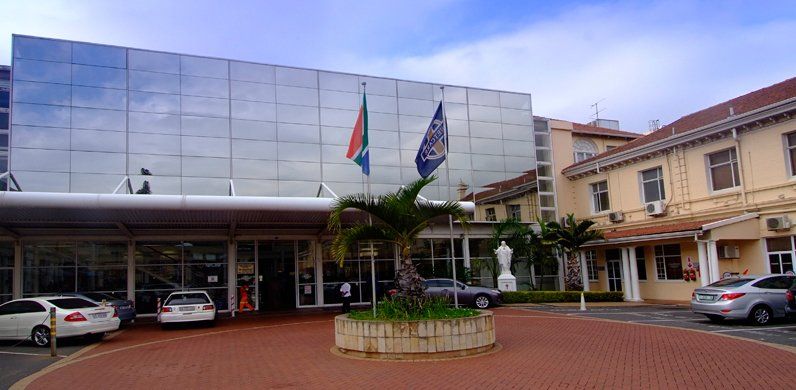Netcare response to the release of the independent report related to St Augustine’s Hospital
Drickus Maartens • May 21, 2020
All the recommendations and interventions made by the investigators have been fully implemented
Netcare welcomes the release of the report
into the cases of coronavirus disease 2019 (COVID‐19) at Netcare St. Augustine’s Hospital. The report was initiated by the National Department of Health under the auspices of the Ministerial Advisory Committee (MAC) on COVID-19 in South Africa, and was authored by infectious disease specialists and researchers from the Nelson R Mandela School of Medicine at the University of KwaZulu-Natal and the KwaZulu-Natal Research Innovation and Sequencing Platform (KRISP).
Netcare’s Regional Director, Craig Murphy commented, “All the recommendations and interventions made by the investigators have been fully implemented. In many cases these interventions were already in place and have been further strengthened and enhanced as a result of the valuable recommendations made by the Report.
“In early March, we were rapidly learning about the nature of COVID-19 as many national policy guidelines were being changed and refined as the pandemic unfolded in South Africa. While this has been a sad and transformative experience for us, we are grateful that together with the National Department of Health and the Ministerial Advisory Committee, many valuable lessons have been learnt for our entire healthcare sector,” said Murphy.
During this period, 15 patients died from COVID-19 related complications of their underlying health challenges. Netcare has extended its sincere condolences to the family and loved ones of those who sadly passed away.
“Two of the greatest challenges associated with COVID-19 are that those infected do not always show or have any of the symptoms, and the fact that the virus is highly infectious, notwithstanding the absence of any symptoms. Despite the presence of extensive and effective infection prevention measures, such as those in place within Netcare facilities, any workplace or gathering of people poses a potential risk for infection,” said Murphy.
Preventing the spread into and from the Group’s hospitals has been, and remains, of paramount importance to Netcare. The Group proactively implemented comprehensive precautionary measures based on the information that was known at the time about the virus and how it spreads.
“We continue to learn more about the virus and are responding to new research with further precautionary measures. We wish to reiterate our sincere gratitude to all our healthcare workers, nurses and doctors, and their families for their incredible efforts under these trying and challenging circumstances,” said Murphy.













